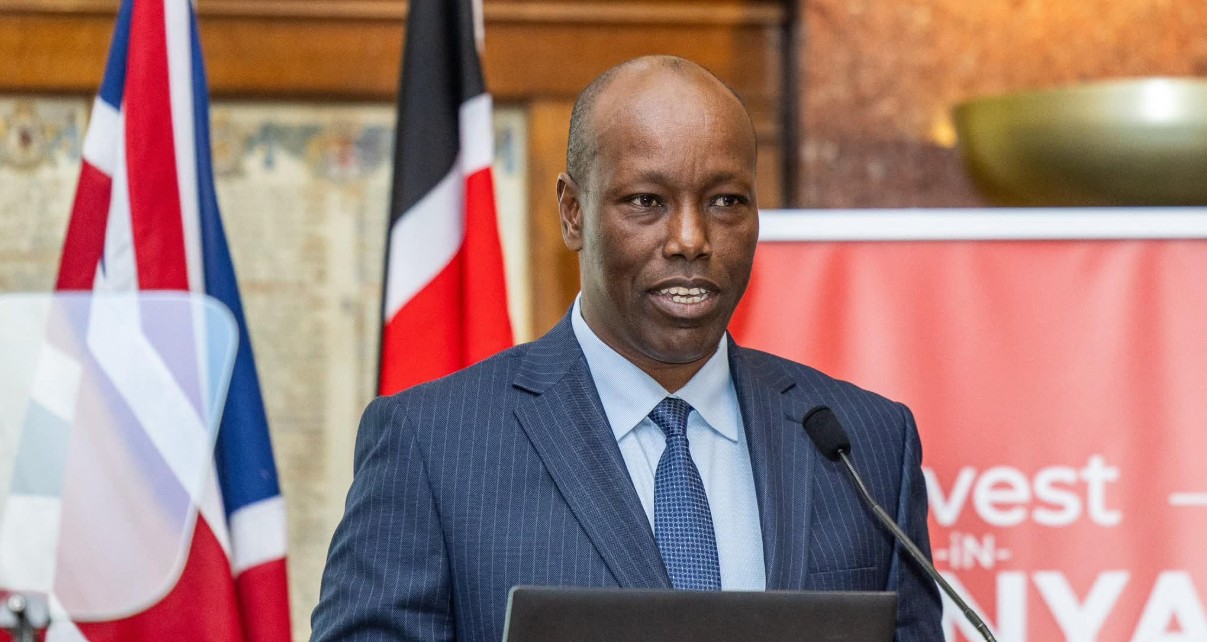Shrinking opportunities, growing skills gap: What youths say they need to thrive

Skills training emerged as the most highly mentioned factor that young people believe will help them thrive, followed by job creation, AI readiness and at a distant last, improved hiring pathways.
Kenya’s job market, much like the global one, is at a critical crossroads.
Reports show that hiring cycles are slowing, skills mismatches are expanding, and entry-level openings are dwindling.
More To Read
- New Bill proposes 80 per cent Kenyan workforce in foreign firms
- Study finds Kenya’s unpaid household labour worth Sh2.5 trillion annually
- Only 4 per cent of public institutions meet disability hiring quota - survey
- Private business activity growth surges in October on strengthening sales
- President Ruto urges global unity to fight poverty, inequality at Doha summit
- Side hustles gain ground as stagnant salaries push youth to rethink work
Notably, these trends are proving increasingly troubling for young people, particularly Gen Zs now entering the workforce.
An informal survey by The Eastleigh Voice sought to understand what would help Gen Zs thrive most in the current work landscape.
Conducted among Kenyan youth aged 21 to 28, the survey generally shows that most youths feel ill-prepared for a labour landscape that is shifting faster than education systems.
Skills training emerged as the most highly mentioned factor that young people believe will help them thrive, followed by job creation, AI readiness and at a distant last, improved hiring pathways.
A section of the respondents argued that traditional schooling alone is no longer enough, especially as employers increasingly prioritise practical competencies.
Daniel Otieno, a 27-year-old from Nairobi’s Kasarani, said training should be aligned with real labour-market needs rather than vague general coursework.
“Skill training based on what is needed or as a result of a certain gap addresses the issue of joblessness effectively, instead of schooling, then looking where to fit in,” Otieno said.
Others echoed similar sentiments, pointing to the advantage of accumulating multiple skills as a hedge against an unpredictable job environment.
Karen from Umoja believes versatility gives young people a better shot at stability.
“Skills training is advantageous since one can acquire to gain an upper hand in the job market,” she noted.
While many respondents leaned towards training, a significant number also cited the urgent need for actual job creation.
They argue that, however well-prepared they may be, the shortage of opportunities remains the biggest obstacle to progress.
This is especially evident in counties outside major cities where private-sector expansion remains slow.
On his part, Geofrey Ndombi from Kakamega said he prioritises job creation over skills development, expressing frustration over the scarcity of openings.
“The scarcity of opportunities is real. I remember going even more than a year just searching for something,” Ndombi said.
His experience captures a sentiment shared widely across the survey responses.
Kenya’s youth unemployment crisis reportedly remains alarming.
According to the Federation of Kenyan Employers (FKE), youths aged 15–34, who form 35 per cent of the population, face an unemployment rate of 67 per cent, far higher than the national average of 12.7 per cent.
Additionally, data from the Kenya National Bureau of Statistics (KNBS) shows that as many as 3.5 million young Kenyans are jobless and not in school.
Across Africa, the challenge is just as grave.
FKE notes that the continent hosts nearly 200 million people aged 15 to 24, a category that makes up 40 per cent of the workforce, and 60 per cent of the unemployed active labour force.
Research firm, World Economic Forum (WEF) says youth-led protests have recently swept Kenya, Madagascar and Morocco, fuelled by limited opportunities and rising living costs.
WEF’s "Future of Jobs Report" says 41 per cent of organisations expect to reduce their workforce before 2030 due to automation, while 70 per cent plan to hire people with new skills.
The report further projects a net 78 million new roles by 2030, even as 22 per cent of current jobs undergo structural change.
Aligning with the survey’s findings that skills training is a top priority in today’s job market, WEF notes in the report that most employers plan to upskill their workforce, with 85 per cent offering retraining and 77 per cent providing additional skills development programmes.
This, as 63 per cent cite skills gaps as their main barrier.
“Employers are shifting hiring practices. Skills-first approaches are gaining ground, with many companies dropping degree requirements and expanding skills-first opportunities,” WEF said.
Top Stories Today













































